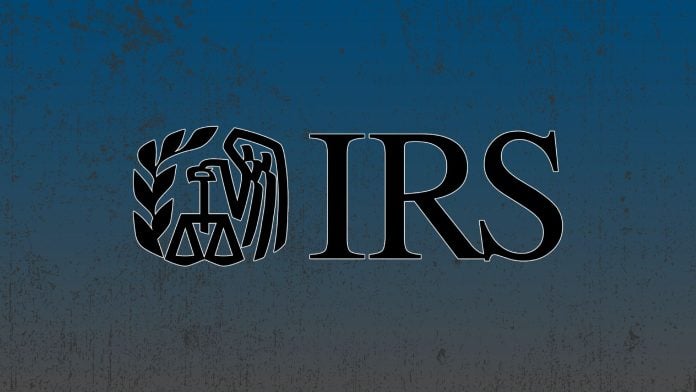As hurricane season reaches its peak and wildfire risks continue to loom, the IRS emphasizes the importance of emergency preparedness for small businesses. In light of National Preparedness Month, the agency encourages business owners to bolster their disaster readiness to protect their assets and ensure a smoother recovery if disaster strikes.
The IRS stresses that proactive planning is essential. Small business owners can significantly benefit from having updated emergency plans that include safeguarding critical documents and maintaining accurate records. These measures not only aid recovery but also facilitate access to IRS support during crises.
Safeguarding essential records is the first line of defense. Small businesses should store vital documents—such as tax returns, insurance policies, and property titles—in waterproof, fireproof containers. Digital backups are also a critical component of this strategy; keeping copies with a trusted contact outside the risk-prone area can be invaluable in the event of a disaster.
"Disaster readiness starts with safeguarding critical documents," an IRS representative noted. "Keeping updated records can speed up recovery and simplify the process of applying for disaster assistance."
Maintaining a detailed inventory of both personal and business property can streamline claims with insurance companies or the IRS after a disaster. Small business owners are urged to take photos and videos of their assets, along with written descriptions, to support their claims. The IRS offers disaster loss workbooks, which can assist businesses in cataloging their possessions and equipment accurately.
Small businesses often face challenges when it comes to reconstructing lost records. Fortunately, banks and other entities typically provide electronic copies of lost documents. To aid in this process, the IRS provides resources specifically geared toward reconstructing records after a natural disaster or casualty loss.
Employers, in particular, should take heed of the IRS’s advice regarding payroll protections. Confirming that payroll service providers have a fiduciary bond can enhance security. Additionally, establishing an account with the Electronic Federal Tax Payment System (EFTPS) allows for secure, trackable payments and is especially useful for businesses that may be displaced during a disaster.
The IRS also highlights that once a federal disaster is declared, it often acts to delay filing and payment deadlines automatically for affected businesses. Taxpayers not in declared disaster areas, including relief workers or those with impacted records, can request assistance. Uninsured disaster losses are deductible either the year of the loss or the prior year, as outlined in IRS Publication 547, which covers casualties, disasters, and thefts.
Although preparations can seem overwhelming, taking these actions can significantly mitigate risk and provide peace of mind for business owners. Moreover, staying informed on IRS relief options can save time, stress, and ultimately financial losses.
In the face of unpredictable weather patterns and the potential for natural disasters, business owners are encouraged to take these steps seriously. Implementing emergency preparedness plans not only safeguards a business’s physical assets but also contributes to its long-term resilience.
To learn more about taxpayer assistance during disasters, visit IRS disaster assistance and emergency relief for individuals and businesses.
For additional information on reconstructing records and preparedness, check out the IRS’s resources here and here.
As business owners gear up for potential challenges ahead, being proactive today can lead to a more secure tomorrow.
Image Via BizSugar



